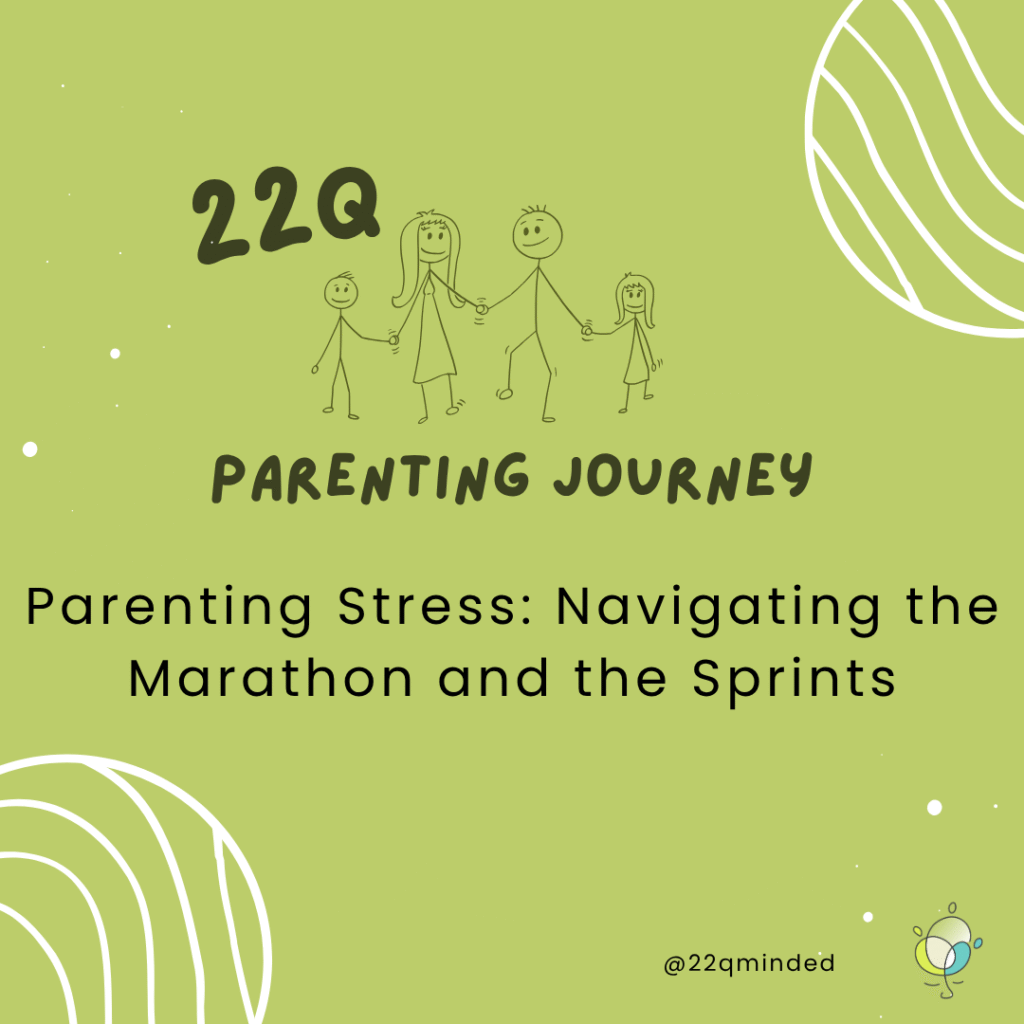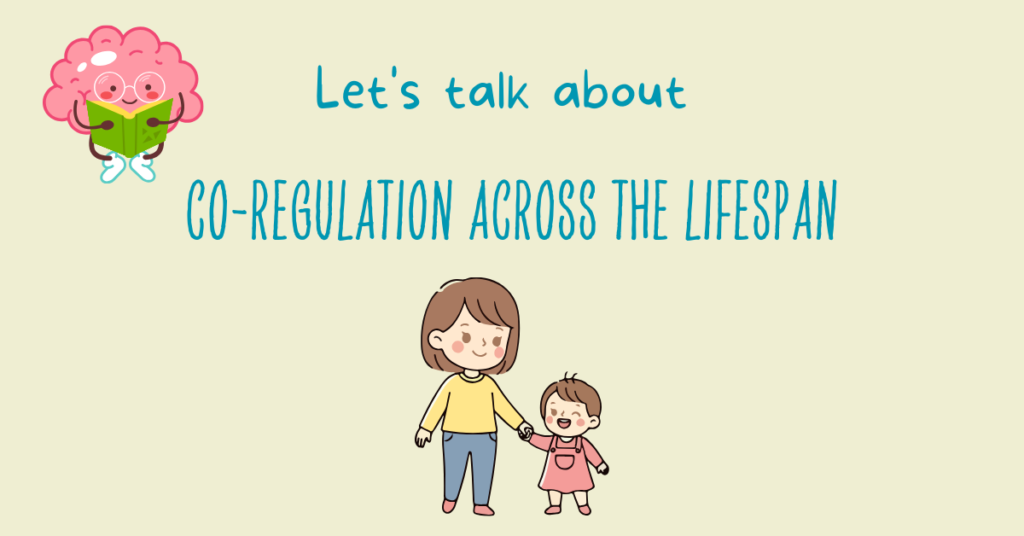Parenting a child with a disability or complex health needs can be a deeply rewarding journey, but it’s also one that invites unique challenges. It’s a path that demands both endurance and adaptability, often leaving parents feeling as though they’re running a marathon filled with unexpected sprints. While the challenges are real, so too are the opportunities for growth, connection, and resilience. By slowing down, tuning into our own needs, and responding with intention, we can navigate this journey in ways that nurture both our children and ourselves.
The Marathon and the Sprints
Parenting in these circumstances often feels like a long-distance race. The “marathon” is the ongoing, everyday commitment—coordinating therapies, managing medical care, advocating at school, and responding to your child’s changing needs. Alongside this steady pace are the “sprints”: moments of acute stress, like trying to get out the door for a hospital appointment when your child is resistant and time is ticking away.
These sprints can leave us breathless and tense. Over time, they build into a constant undercurrent of stress that becomes our “normal.” Understanding this pattern is the first step in finding ways to pause, recover, and regain perspective.
Recognising the Signs in Your Body
Stress doesn’t just live in our minds—it makes itself known in our bodies. You might notice tight shoulders, a knot in your stomach, shallow breathing, or a racing heartbeat. These are signs that your body’s “fight-or-flight” system has been activated, even if you’re not in actual danger.
Becoming aware of these sensations can help you spot the early signs of stress. From there, you can make a conscious choice to pause and respond differently, rather than getting swept up in automatic reactions.
Respond, Don’t React
When we’re under pressure, our responses often run on autopilot. We might snap, rush, or withdraw—survival patterns designed to help us cope quickly. But in parenting, these automatic reactions don’t always serve us or our children well.
Choosing to respond rather than react means pausing, taking a breath, and noticing what’s happening in your body and mind. This creates a small but powerful gap in which you can choose a calmer, more intentional response. Over time, this shift can improve not just your well-being, but also your connection with your child.
Slowing Down to Create Space
It can feel impossible to slow down when life is busy and demands are high, but even small moments of slowing can make a difference. You might take a mindful pause before answering a repeated question, or consciously soften your shoulders while helping your child get ready for the day. These small acts create breathing room for you, and for your child.
When you slow down, you give yourself space to see the bigger picture, rather than getting lost in the urgency of the moment.
Seeing the Situation with Compassion
Stress can make situations feel bigger, harder, and more urgent than they really are. When we step back, we can see our children’s behaviours not just as challenges, but as expressions of their needs, fears, or anxieties. A morning meltdown before a doctor’s appointment isn’t just defiance—it may be fear of needles, worry about what will happen, or difficulty with transitions.
Meeting these moments with compassion doesn’t erase the stress, but it can soften it, making space for empathy and problem-solving.
Building Resilience
Parenting stress will always ebb and flow, but resilience grows when we actively care for our own well-being. Evidence-based strategies for managing stress include:
- Practising deep breathing or grounding techniques during tense moments.
- Seeking connection with other parents who understand your journey.
- Moving your body regularly, even in small ways.
- Giving yourself permission to rest when you can.
- Speaking to yourself with kindness, as you would to a friend.
These aren’t luxuries—they’re tools for sustaining yourself in the long run.
You’re Not Alone
The demands of caring for a child with a disability can feel isolating, but you don’t have to walk this path alone. Support, understanding, and connection can make the load feel lighter. Remember: caring for yourself isn’t selfish, it’s essential for you and your child.
If you’re seeking further support, we encourage you to explore our parent page. Our program, Care4Parents, offers practical strategies for managing stress, building resilience, and finding moments of joy in the everyday.
Don’t miss our upcoming live and on-demand webinar, What About Me? Stress and Energy Management for Parents. You deserve tools, community, and compassion as you navigate this journey.




